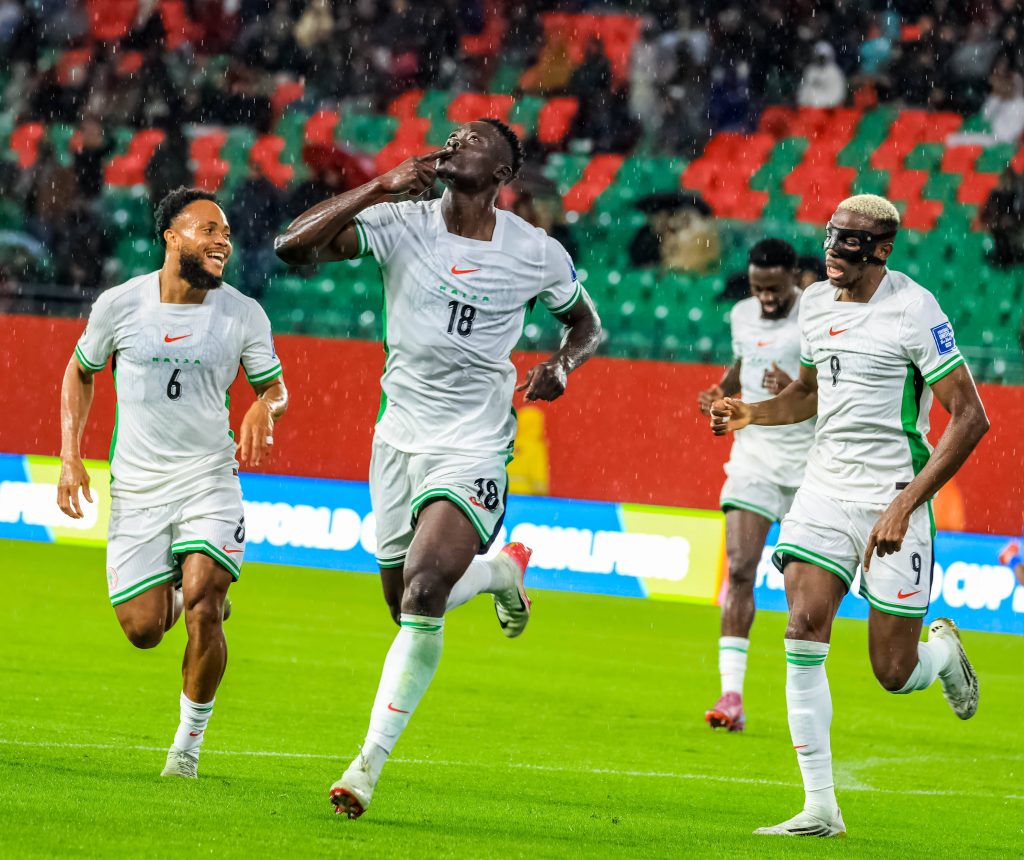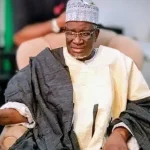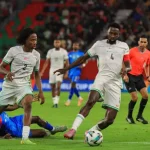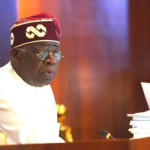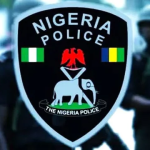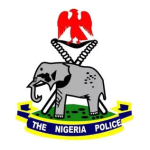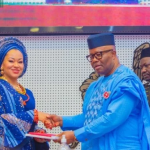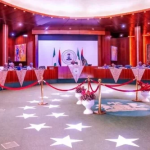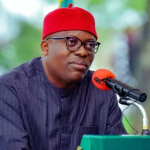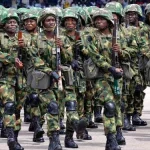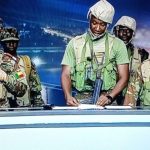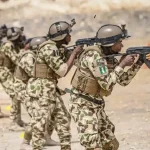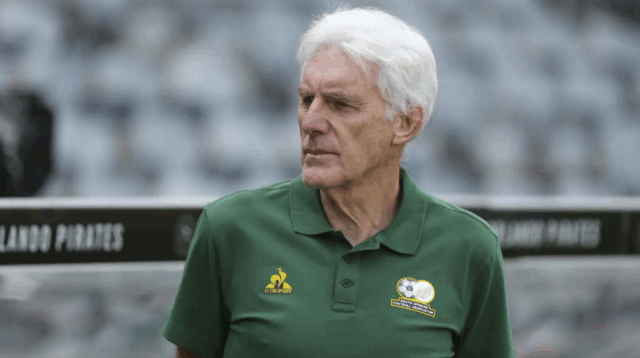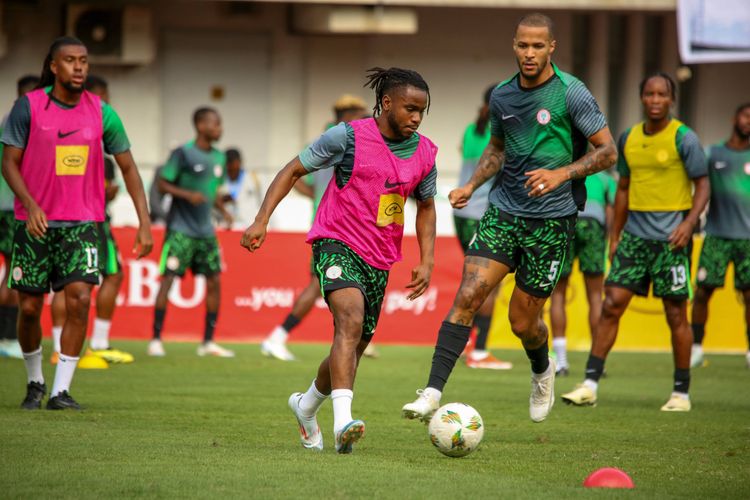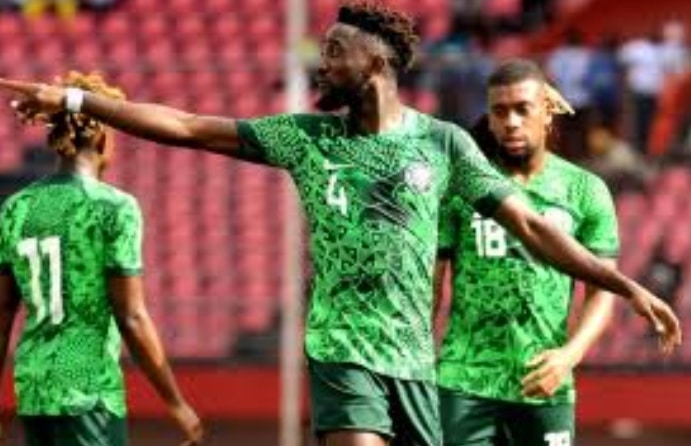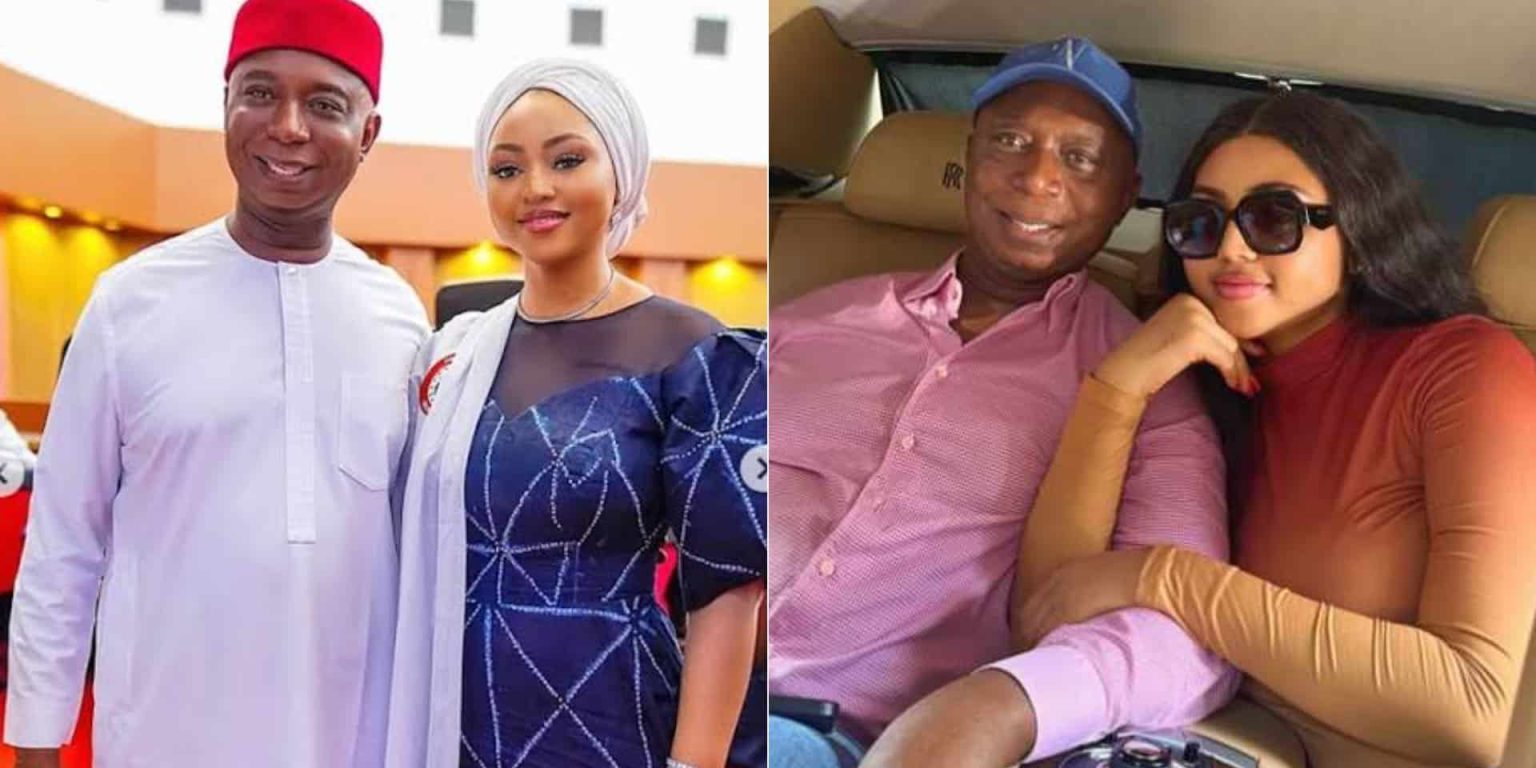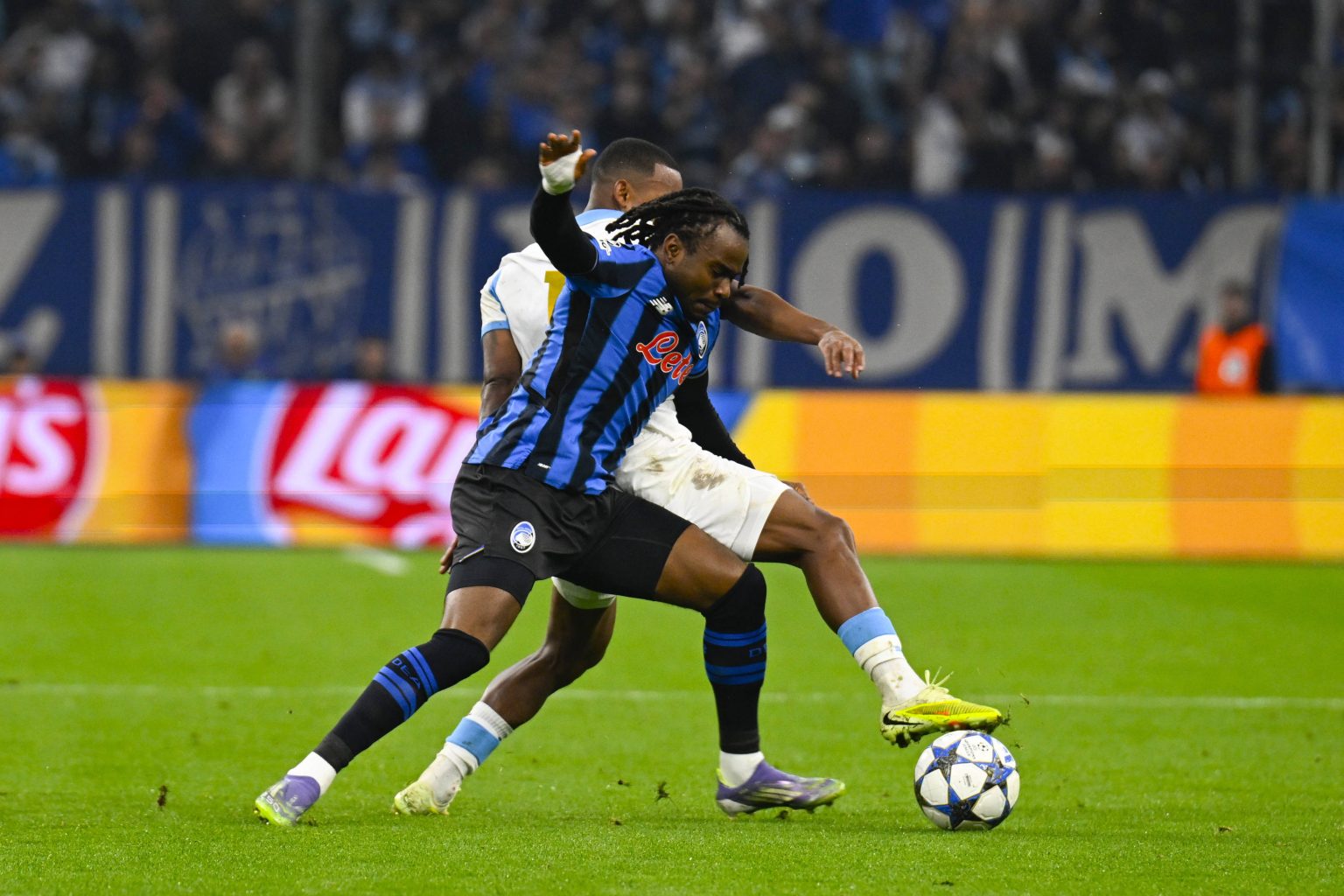The Super Eagles of Nigeria surprisingly opted to boycott training in Morocco last Tuesday ahead of their game against Gabon, which took place on Thursday.
The team captain, William Troost-Ekong, took to his social media page to confirm he and his teammates decided to boycott training over unpaid bonuses and allowances from the NFF.
Ekong’s tweets seemed to spark some trouble from CBS Pundit and his former Watford teammate, Troy Deeney, who questioned his ability to lead the Super Eagles.
The following day, the 32-year-old confirmed all issues between the NFF and the Super Eagles have been sorted.
Nigeria then had their training session on Wednesday, before securing a 4-1 win over Gabon on Thursday.
Nigeria’s victory against Gabon put them in pole position to qualify for the Inter-continental play-offs, but their dreams were crushed by DR Congo last night.
The loss meant this generation of Nigerian players found themselves on the wrong side of history, becoming the first Super Eagles team to miss consecutive World Cup tournaments since the nation debuted in 1994.
Real reason Super Eagles boycotted training
While many have faulted the players for Nigeria’s failure to qualify for the World Cup, and rightly so, the Nigerian Football Federation also have its share of the blame.
In an exposé by renowned journalist Osasu Obayiuwana, it was revealed that the players were owed just over $130,000, due to them for their World Cup qualifying wins over Lesotho in South Africa and Benin in Uyo.
However, the surprising factor is that the NFF received sufficient funds from the Nigerian Government to ensure that the players weren’t owed.
The letter was signed by President Bola Ahmed Tinubu, as he authorised the players to get the backlog of money they were previously owed, as well as subsequent payments due to them, to be a “first-line charge” on the money the government had given to the NFF, to ensure no further debt was owed.
When William Troost-Ekong announced that the financial problems with the NFF had been resolved, it was because, apparently, the Nigerian Sports Commission had privately sourced for the players to be paid in cash in Morocco
NFF’s General Secretary, Dr Mohammed Sanusi, did mention that the reports aren’t true; however, there’s been no substance to revoke the information yet.
It is also worth remembering that several promises were made to the Super Falcons, but there’s been no confirmation that any of them have been fulfilled.


